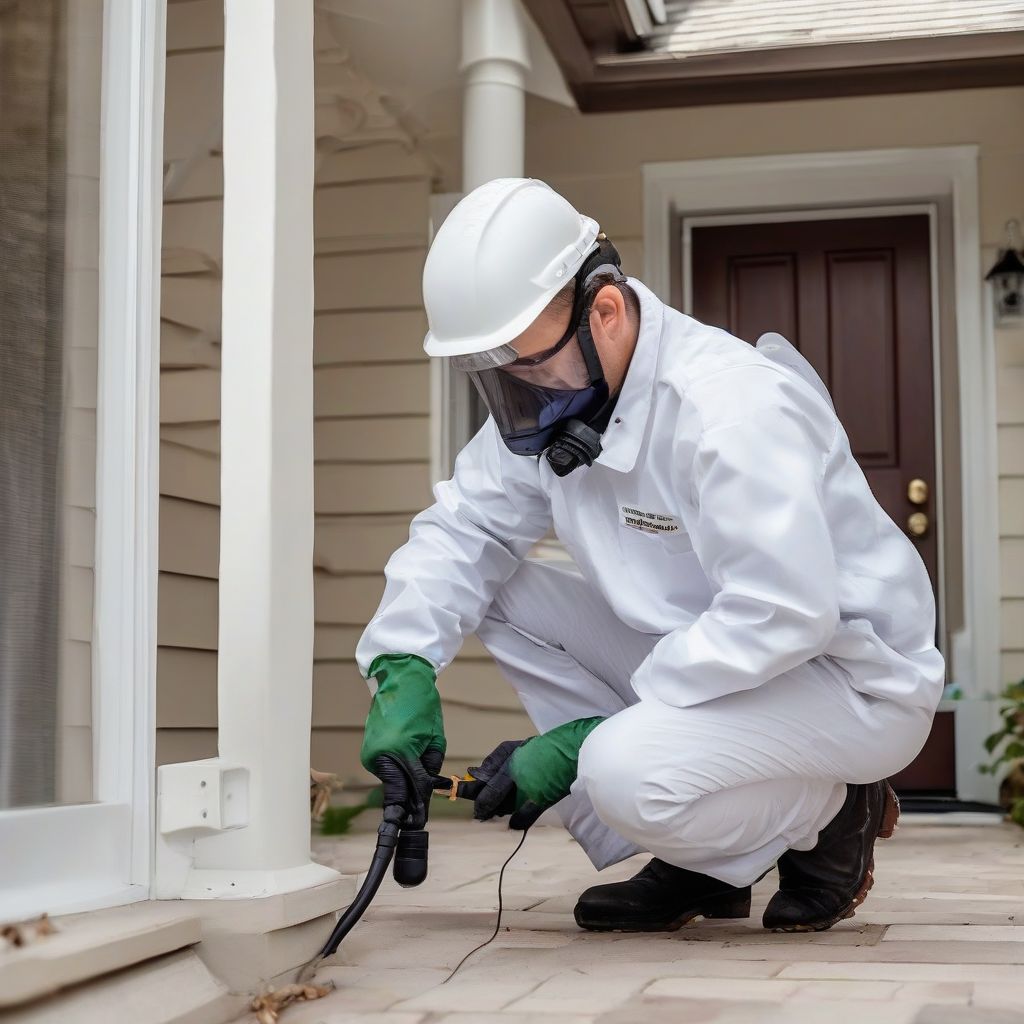Protect Your Home: A Comprehensive Guide to Pest Control for Houses
A clean and comfortable home is a happy home, but unwelcome pests can quickly turn your sanctuary into a source of stress. From tiny ants to larger rodents, pests pose health risks, cause property damage, and disrupt the comfort of your family. Understanding the importance of Pest Control For Houses is the first step in safeguarding your haven.
Why Pest Control is Essential for Homes
Pests are more than just a nuisance; they are a potential hazard. Here’s why a proactive approach to pest control is so crucial:
- Health Risks: Many pests carry harmful bacteria and diseases. Rodents, for example, can transmit Hantavirus, while mosquitoes are known carriers of West Nile Virus and Zika Virus. Cockroaches trigger allergies and asthma, especially in children.
- Property Damage: Termites can silently devour the wooden structures of your home, leading to costly repairs. Rodents gnaw on wiring, creating a fire hazard. Moths damage clothing and fabrics.
- Food Contamination: Flies, cockroaches, and rodents can contaminate food sources, increasing the risk of food poisoning and other illnesses.
- Peace of Mind: A pest infestation can be extremely stressful. Pest control measures provide peace of mind, allowing you to enjoy your home without worry.
Common Household Pests and How to Control Them
Effective pest control requires understanding the enemy. Here’s a closer look at common household pests and strategies for their control:
1. Ants: These tiny invaders are attracted to food and water sources.
- Control: Seal entry points, clean up spills promptly, use ant baits, consider professional pest control for large infestations.
2. Cockroaches: These resilient pests thrive in warm, humid environments and reproduce quickly.
- Control: Keep kitchens and bathrooms clean and dry, store food in airtight containers, use cockroach baits and traps, consider professional treatment for severe infestations.
3. Rodents (Mice and Rats): Rodents seek shelter and food, often entering homes through small cracks and openings.
- Control: Seal entry points, remove food sources, store trash in sealed bins, set traps, consider professional rodent control.
4. Termites: These destructive pests feed on wood and can cause significant structural damage.
- Control: Termite control requires professional expertise. Regular inspections, soil treatments, and baiting systems are essential for prevention and control.
5. Bed Bugs: These nocturnal insects feed on human blood and are notoriously difficult to eliminate.
- Control: Early detection is key. Thorough cleaning, heat treatments, and professional pest control are typically required for effective bed bug control.
 Pest Control Technician
Pest Control Technician
6. Mosquitoes: These buzzing pests breed in standing water and are more than just a nuisance; they can transmit serious diseases.
- Control: Eliminate standing water sources, use window screens, apply insect repellent, consider professional mosquito control treatments for your yard.
DIY Pest Control vs. Professional Pest Control Services
While some pest problems can be addressed with DIY methods, there are distinct advantages to hiring a professional pest control service:
DIY Pest Control:
- Pros: Can be less expensive for minor infestations, offers a sense of control, allows for immediate action.
- Cons: Limited effectiveness for severe infestations, potential for improper pesticide use, may not address the root cause of the problem.
Professional Pest Control:
- Pros: Expertise in pest identification and control, access to commercial-grade products and treatments, can provide long-term solutions and preventative measures.
- Cons: Can be more expensive than DIY methods, requires scheduling and allowing access to your home.
Tips for Choosing a Pest Control Company
Selecting the right pest control company is essential for effective and safe results:
- Licensing and Insurance: Ensure the company is licensed and insured.
- Experience: Look for a company with a proven track record.
- Integrated Pest Management (IPM): Choose a company that utilizes IPM techniques, focusing on long-term prevention and environmentally responsible practices.
- References: Request and check references from previous clients.
- Clear Communication: The company should clearly explain their treatment methods, costs, and guarantees.
Preventative Pest Control Measures
Prevention is the key to long-term pest control. By implementing these measures, you can significantly reduce the risk of future infestations:
- Sanitation: Keep your home clean, inside and out.
- Food Storage: Store food in airtight containers and promptly clean up spills.
- Moisture Control: Fix leaks, ensure proper ventilation, and use dehumidifiers in damp areas.
- Exclusion: Seal cracks and gaps in your home’s foundation, walls, and around windows and doors.
- Landscaping: Trim bushes and trees away from your home, and avoid mulch directly against the foundation.
Conclusion: Investing in Peace of Mind
Pest control for houses is not a one-time event; it’s an ongoing process that requires vigilance and proactive measures. Whether you opt for DIY methods or professional services, a comprehensive approach that includes prevention, identification, and control is essential for protecting your home and family from the nuisance and potential health hazards of pests. By investing in pest control, you are investing in the safety, health, and peace of mind of your loved ones.